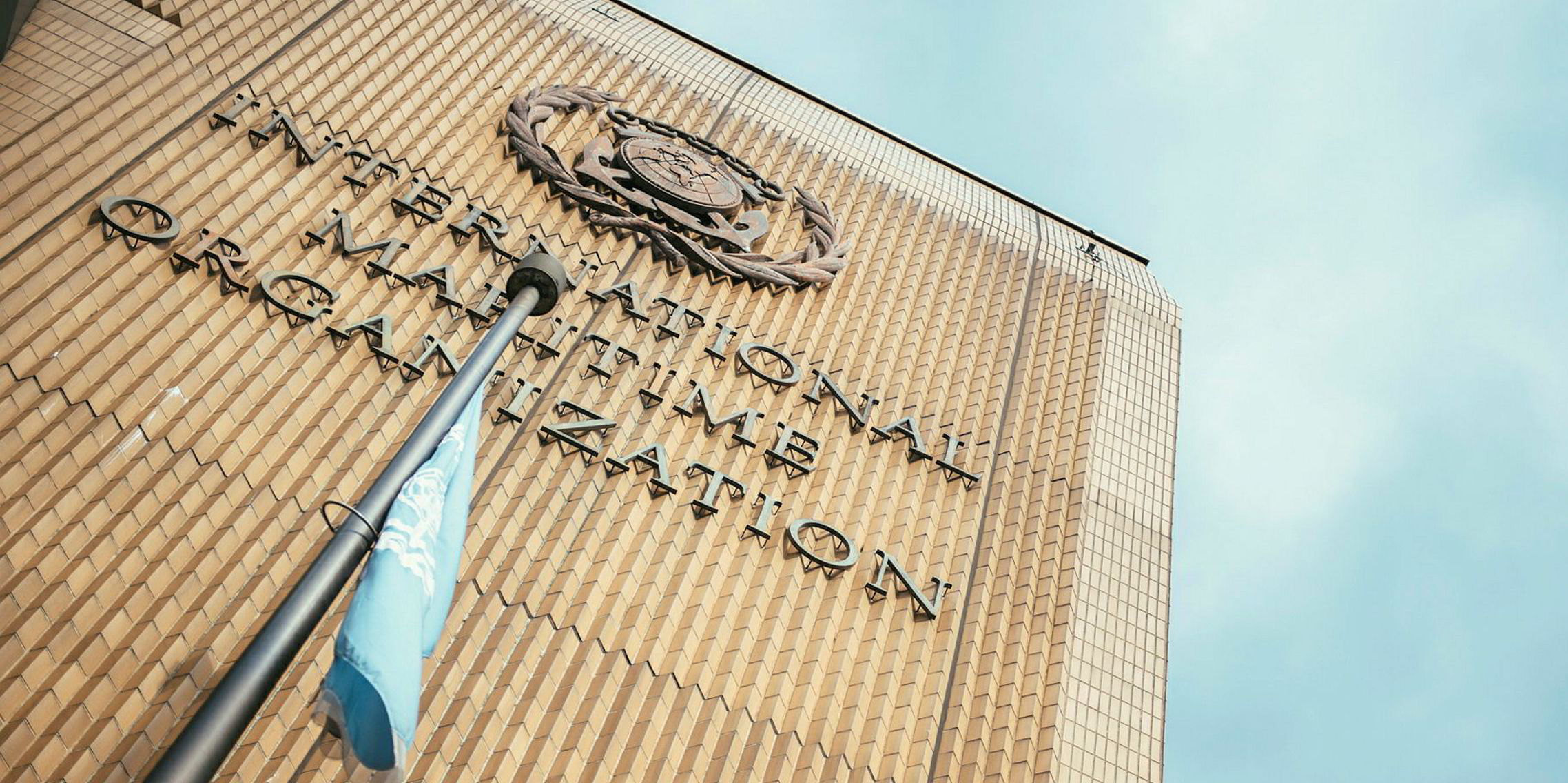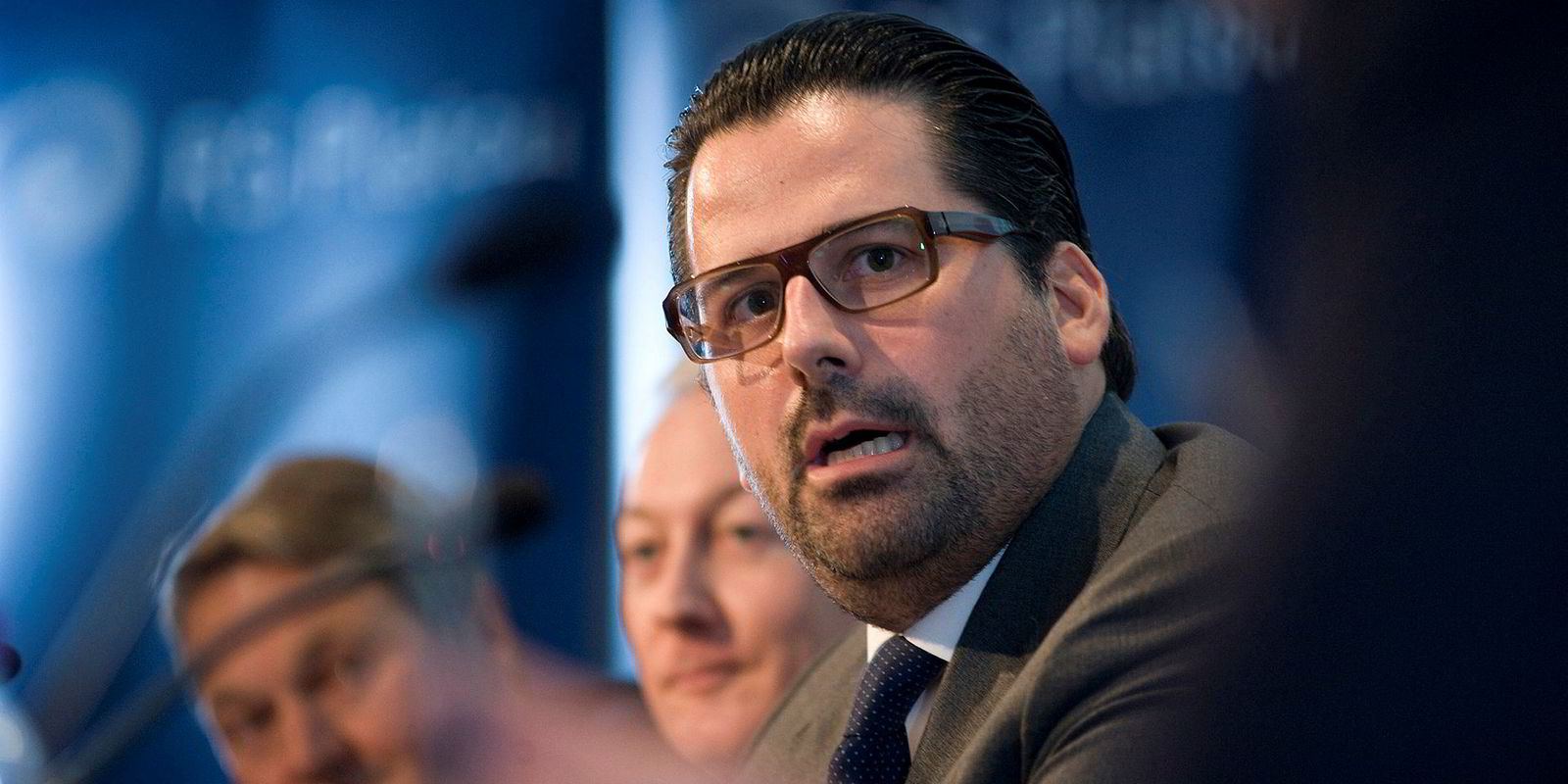Pressure is growing on a pivotal IMO subcommittee meeting next week to conclude technical work on key issues in time for shipowners to prepare for the emissions regulation's start date of 1 January 2020.
Topics to be discussed range from port state control (PSC) guidance to exhaust gas cleaning system standards.
Although final decisions on IMO 2020 implementation issues will take place at a Marine Environment Protection Committee (MEPC) in May, it will be at next week’s Pollution Prevention and Response (PPR) subcommittee where the technical groundwork must be finalised.
If suitable options cannot be found at the PPR meeting because of the IMO’s full schedule, the issues could drag into next year — after the regulation has kicked in.
“It’s a lot of work for an IMO subcommittee to conclude in a short space of time,” an experienced IMO delegate said. “But if they can’t do it, it’s only going to add to concern that 1 January 2020 could be chaotic for the industry.”
Scrubbers high on agenda
Headlining the talks will be the PPR subcommittee's work on revising standards for scrubbers — also known as marine exhaust gas cleaning systems. It has also been tasked with considering whether the benefits of using scrubbers to reduce SOx emissions will be negated by the effect on the oceans from the discharge of wash water.
This could impact new standards being considered for the monitoring and testing of discharge water, which the PPR subcommittee is drawing up for scrubbers.
Work also needs to be concluded on PSC guidelines for the policing of IMO 2020 that are intended to promote a “consistent, practical and pragmatic” approach by inspectors.
A vessel implementation plan that will act as a template for shipowners to ensure they are in compliance with the regulation also needs to be finalised.
Technical issues, such as finding a dedicated single sampling point for fuel testing, also have to be decided as well as a common accepted method for fuel testing.
Shipowners have expressed concern that different results are achieved depending on the test used and the sampling point.
It’s a lot of work for an IMO subcommittee to conclude in a short space of time. But if they can’t do it, it’s only going to add to concern that 1 January 2020 could be chaotic for the industry
Experienced IMO delegate
A template for a fuel oil non-availability report, known as a FONAR, which is used in mitigation by owners if they have been unable to acquire complaint fuel, also has to be drawn up.
Technical guidance
Owners that have to debunker to remove non-compliant fuel from their ships will also need technical guidance, because such operations usually only take place in exceptional circumstances, such as engine failure or a casualty.
Lloyd’s Register said: “A ship is designed to take on fuels but disposal is not fully addressed in the design of piping and pump arrangements. It is, therefore, important that debunkering operations should be conducted in a safe manner and also recorded in the oil record book.”
There may also be no facilities available for owners to dispose of non-compliant fuels following debunkering. The PPR subcommittee is expected to come up with an answer to the question of how those shipowners should act in those circumstances to avoid penalty.
The meeting also has to come to some decisions on the legal position of ships that suffer a mechanical breakdown of the scrubber system. The question is whether these vessels will be allowed to continue to burn high-sulphur heavy fuel oil or whether they will have to wait until the mechanical fault is repaired before they can sail.





